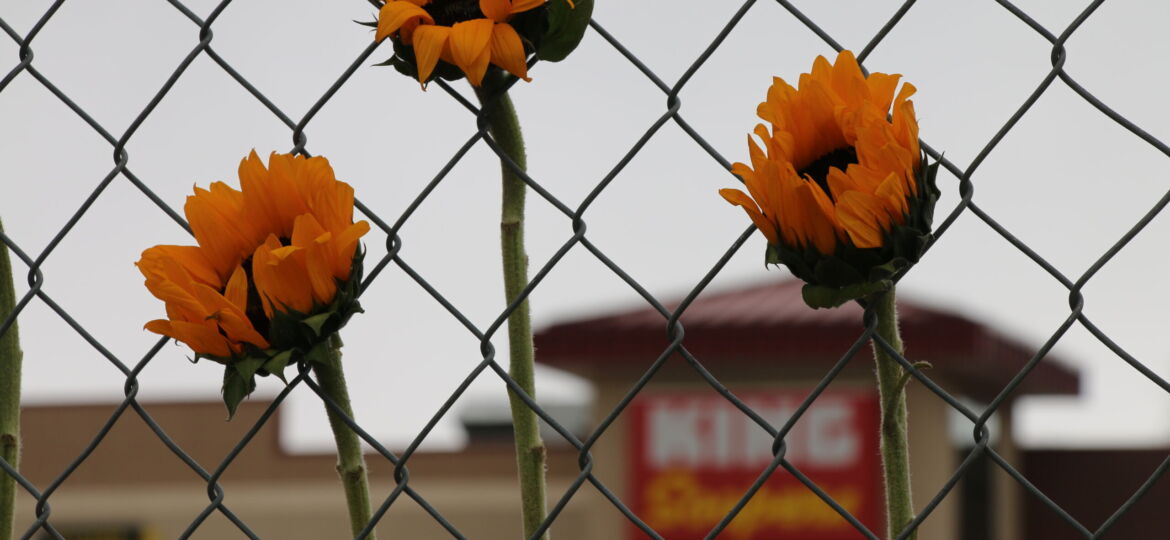
Experiencing a Mass Shooting Firsthand: ‘I Was Not Going to Let Evil Win’
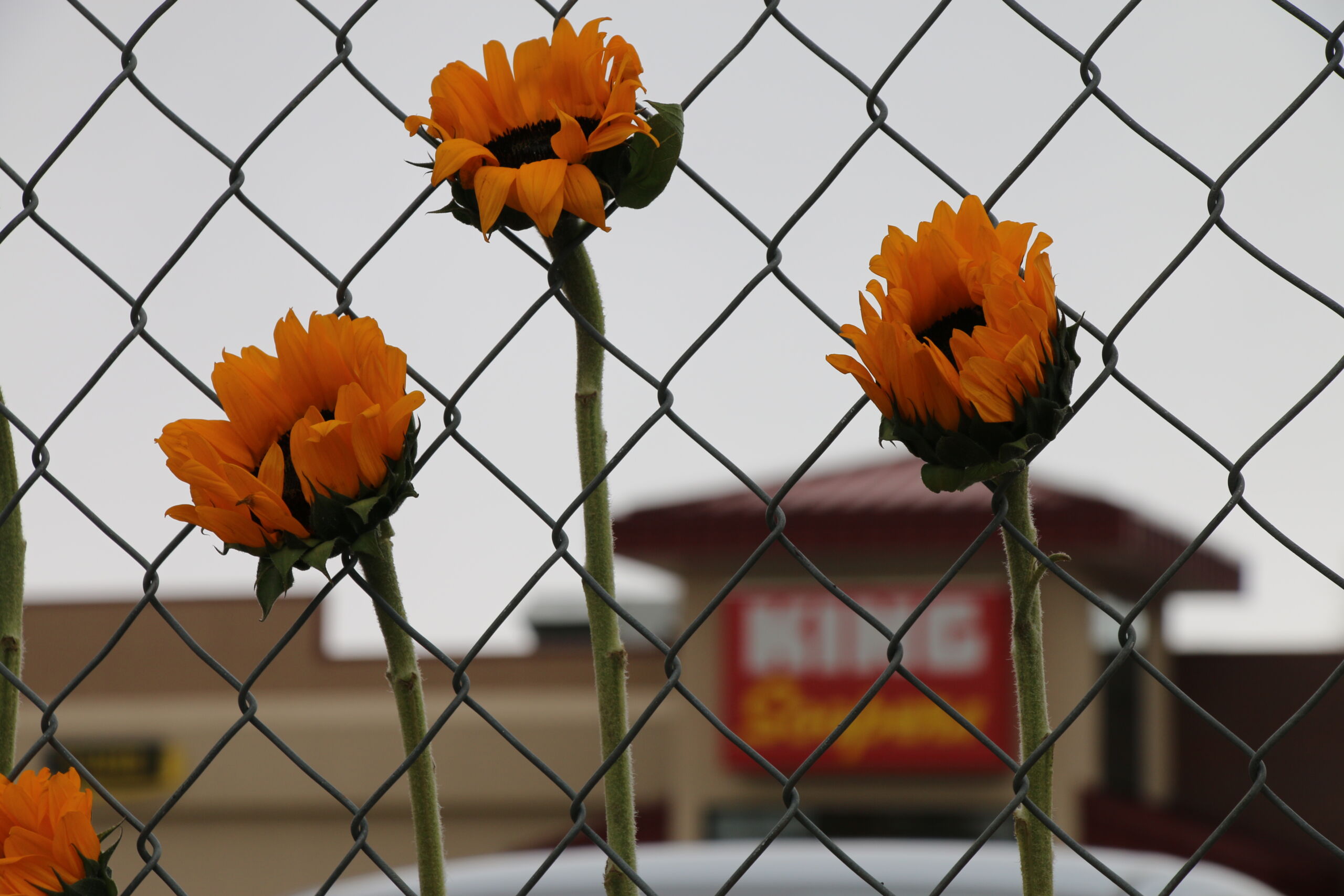
Many Coloradans may remember the moments leading up to, during or the aftermath of the Columbine, Platte Canyon and Youth With a Mission tragedies. Deputy Chief A.J. DeAndrea with the Arvada Police Department was one of the first responders at each of these scenes. He stood about three feet away from Emily Keyes before she was fatally shot; he carried Tiffany Johnson from a horrific scene to an ambulance where she later died in the emergency room; and he looked those killers in the eyes.
A.J. has not only done his job, but was willing to sacrifice his life for the community. Yet, he, too, feels the impact of these tragic events just like the rest of the community.
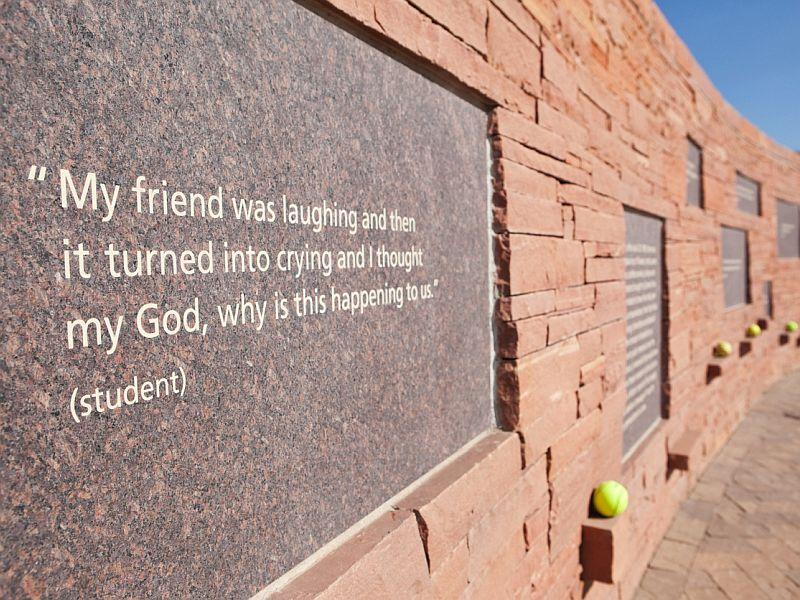
“As far as moving forward, I always had a fire inside of me that I was not going to be a victim because of these things and I wanted to find ways to try to make the world a little safer, help law enforcement try to do their job better, help civilians have plans to be able to survive, come up with better plans to prevent [mass shootings] and strategies to prevent these,” A.J. said. “I think as devastating as they are, I chose to look forward and find ways to make a difference. And every [mass shooting] since then, motivates me more to help and try to find a better response, a better way to get on the front of these to prevent them, a better way to bring the community back together after they happen.”
One month ago, many Boulder residents remember receiving calls from friends and family members on March 22. Text messages may have read, “There’s a shooting at the King Soopers down the street, are you safe?”
It was a Monday, no different from any other week day in Boulder, Colorado, until a shooter entered the city and decided to open fire in a grocery store with innocent civilians.
For some, this was the first time that a mass shooting occurred close to home. In an age where news spreads on the internet like wildfire, many are desensitized to gun violence. They have become accustomed to violence, experiencing a numbness. But when a shooter opens fire at the grocery store where community members stop at for late night cravings, weekly grocery runs and everything in between, sorrow and grief become a natural response to trauma.
As the events unfolded in Boulder, A.J. was in Seattle leading a SWAT Team Leader Development course. “I felt even more helpless because I knew that officers from Arvada were deployed up there to assist,” he said. “You feel helpless when you’re away and you can’t either be there for support, or at least in my position, help make decisions at the higher level. So, it’s gut wrenching.”
A.J.’s daughter, Madalena DeAndrea, was devastated when she heard about the shooting in Boulder. “I feel a deep connection to Boulder from my years at CU and time as Student Body President, so while hearing about other shootings is always difficult for me, this one was especially painful,” she said.
Like her father, this is not Madalena’s only connection to mass shootings. She grew up watching her dad experience these traumatic events firsthand. Following her graduation from CU Boulder in 2018, she moved to California for work. Later that year, she found herself in a situation that could never be expected.
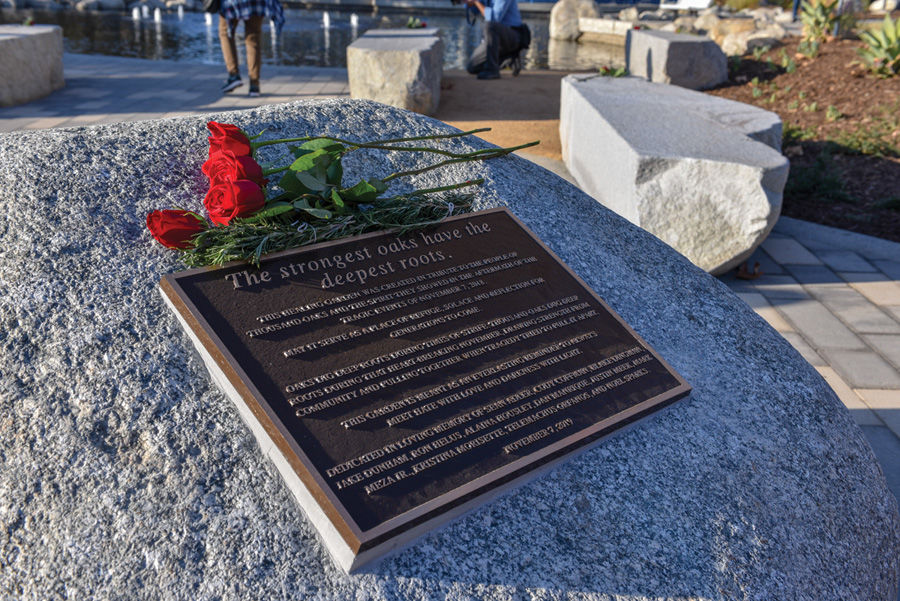
“On November 7, 2018, I went to Borderline Bar and Grill in Thousand Oaks, California, with some of my friends to dance,” said Madalena. “Later that evening, a gunman came in and killed 12 people, including a responding law enforcement officer, Sgt. Ron Helus. As the shooting was occurring, I was able to evade the shooter long enough to get into the attic above the center of the bar where I stayed until SWAT came and rescued us.”
Following this experience, Madalena moved back to Colorado to be close to family. She struggled to heal emotionally after the tragedy in Thousand Oaks. She experienced insomnia, anxiety and difficult interactions with friends as a result of the shooting.
However, “in the midst of all these trauma responses, I knew I still needed to move forward so I made a choice pretty early on that I was not going to let evil win—that I was going to focus on truly healing my brain, heart and soul and that I was not going to be defined by what happened to me,” she said.
Challenging the evil that Madalena witnessed that day meant taking matters into her own hands. She seeked support from a psychologist almost immediately afterwards and still attends sessions to this day to help cope with her trauma. She also found other ways to understand the emotions she felt following the shooting.
“I’m Catholic, so I also met with a priest I trust to work through the things I was questioning and processing through in my own faith, and I still meet with him when things come up for me,” she said.
Four months after the Thousand Oaks shooting, Madalena took a 40-hour firearms course, which her father and other police officers taught. Madalena explains most of her trauma reflects the moments of her hiding in the attic, where she couldn’t escape the sounds from the bar below… the gunshots, the screams. Through taking the firearms course, Madalena felt she was able to be in control and cope with her past reality.
Around the same time, Madalena connected with other survivors and those who lost someone in active shootings through The Rebel’s Project, which was started by a group of survivors, including Heather Martin. Martin was one of the people rescued by Madalena’s father in the Columbine High School shooting 20 years prior. Martin encountered the chief deputy while hiding in the choir room; he escorted her and others to safety.
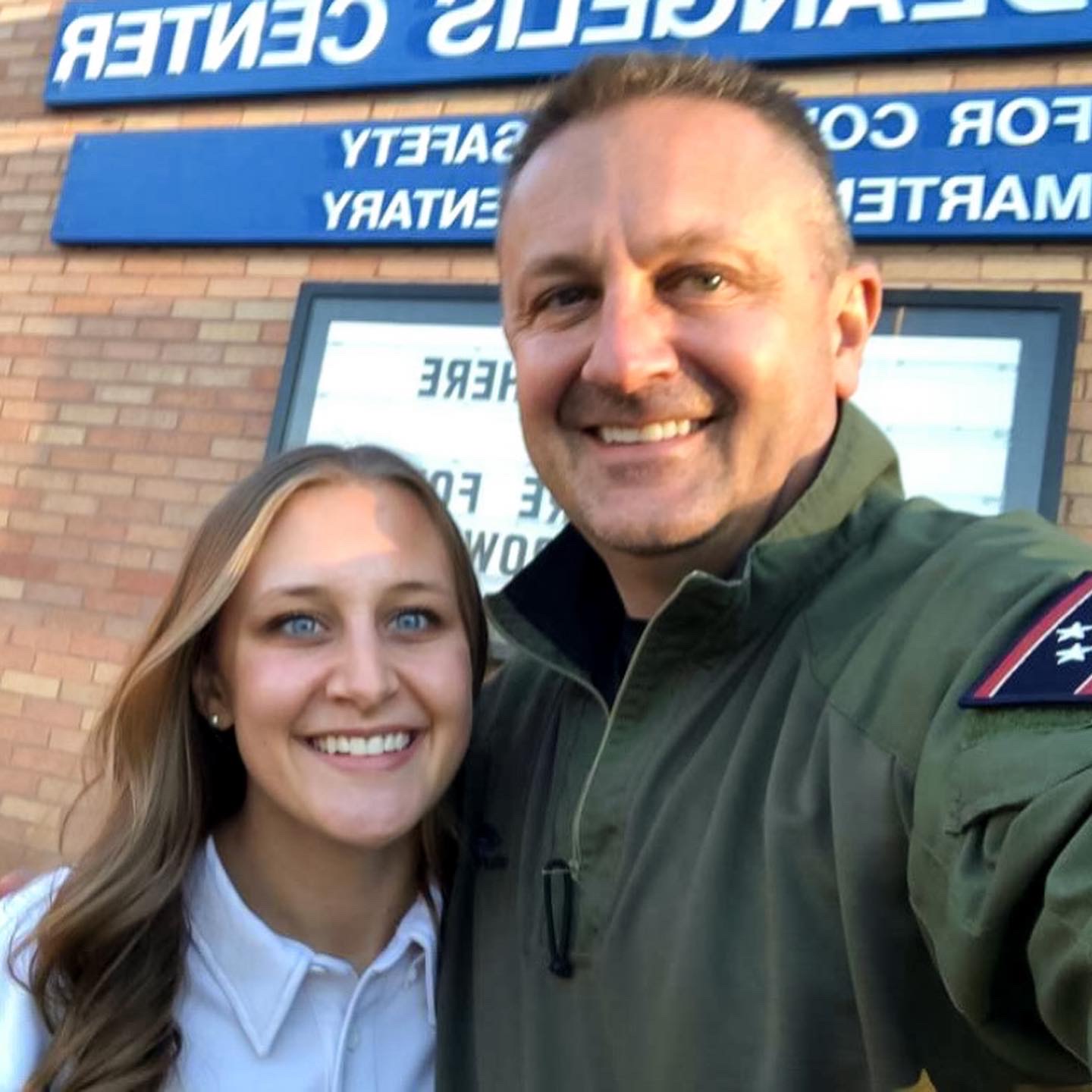
In the 24 months to follow, Madalena educated herself about trauma from reading countless books on how it impacts the brain and body as well as learning how to sleep and live with it. She also met with an emotional freedom technique (EFT) practitioner to mindfully resolve residual, natural responses to a traumatic experience.
“EFT is not something a lot of people talk about in this space, but in my personal experience it truly took my healing to the next level and gave me a level of emotional freedom from my experience I did not have prior to [these] sessions,” Madalena said.
In the case of mass shootings, grief appears in many different forms, where individuals who experience mass shootings firsthand and those mourning the loss of loved ones from gun violence are faced with emotional repercussions of the experience.
According to the Society of Counseling Psychology, complicated grief is defined as “prolonged intensive grief that results in significant occupational and social impairments.” Survivors, victims, families, members of law enforcement and those involved in mass shootings are likely facing the effects of living through a traumatic experience every day, like emotional distress. While post traumatic stress disorder (PTSD) is a diagnosed emotional response to a traumatic event, grief can be felt by anyone directly or indirectly involved with the shootings.
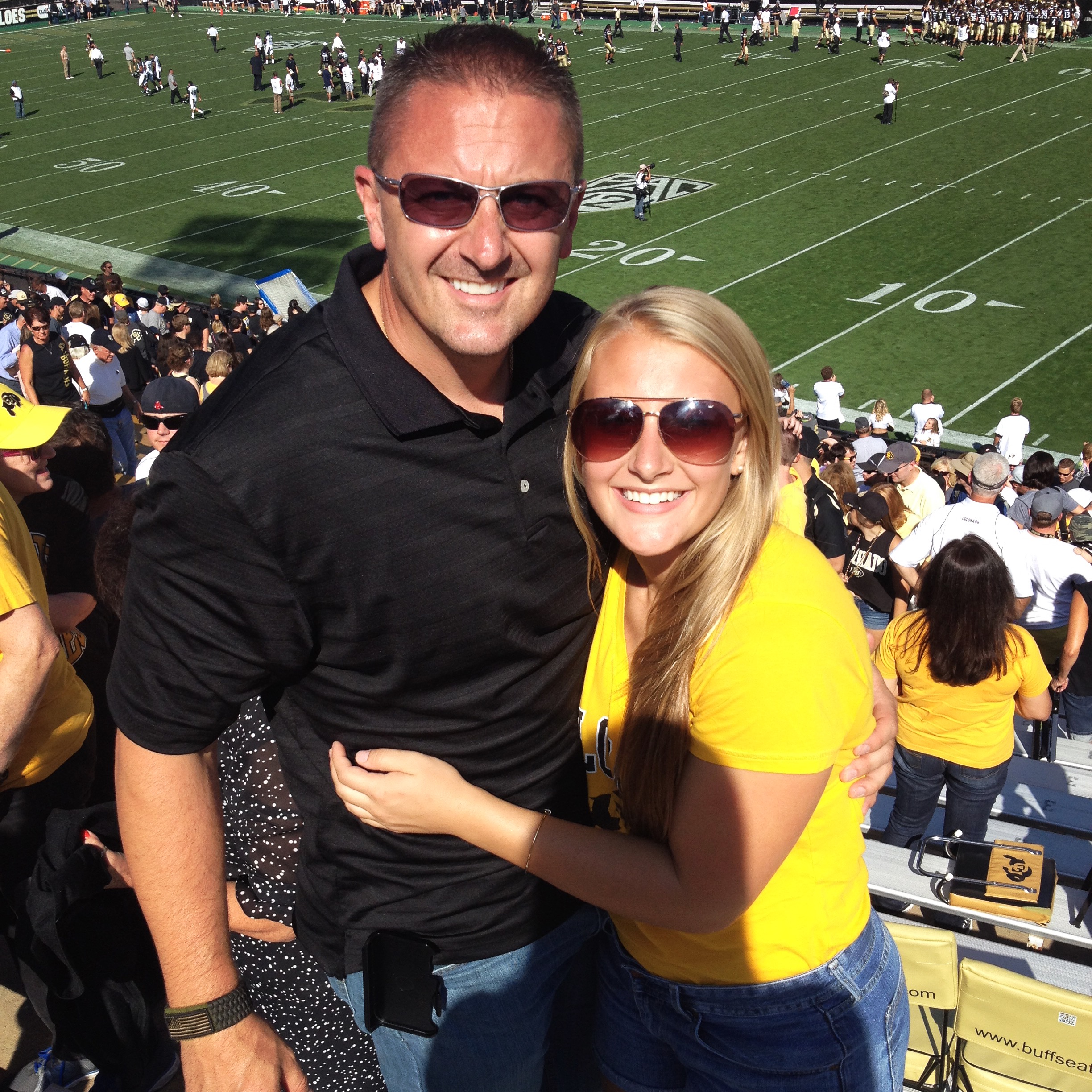
“Handling grief again is different for everyone, but for me personally, to be able to talk about it, to be able to have the space, to be able to grieve, to be able to be ok with the fact of being sad but not let the sadness run your life,” A.J. said.
For A.J., “perseverance and resilience become critical to move on. If we fail to do that, then the perpetrators, not only did they take lives in the incident… but they also steal the opportunity to continue to go on and live. ”
While everyone’s experiences differ, both DeAndrea’s continue to navigate life following traumatic events, and they have gained insightful realizations on healing. Today, Madalena serves as the emergency management coordinator for Jeffco Public Schools. In this position, she teaches others the necessary skills to react to a life threatening situation like the one she experienced at the Borderline Bar and Grill.
“As I’ve healed and learned more about my brain though, I now look at these emotions as gifts, because they are just things my brain is bringing to the surface so I can more deeply heal,” Madalena said. “I personally feel like I owe it to the people who were murdered—especially Sgt. Helus, the police officer who was killed trying to protect us—to live my life well. It is as much for them, as it is for me, that I intentionally sit in and face these hard emotions, triggers and setbacks as they come up.
“I want to be so persistent in my healing that I become the best version of myself I can be, someone who can make more good out of what I experienced than the evil I was subjected to.”

